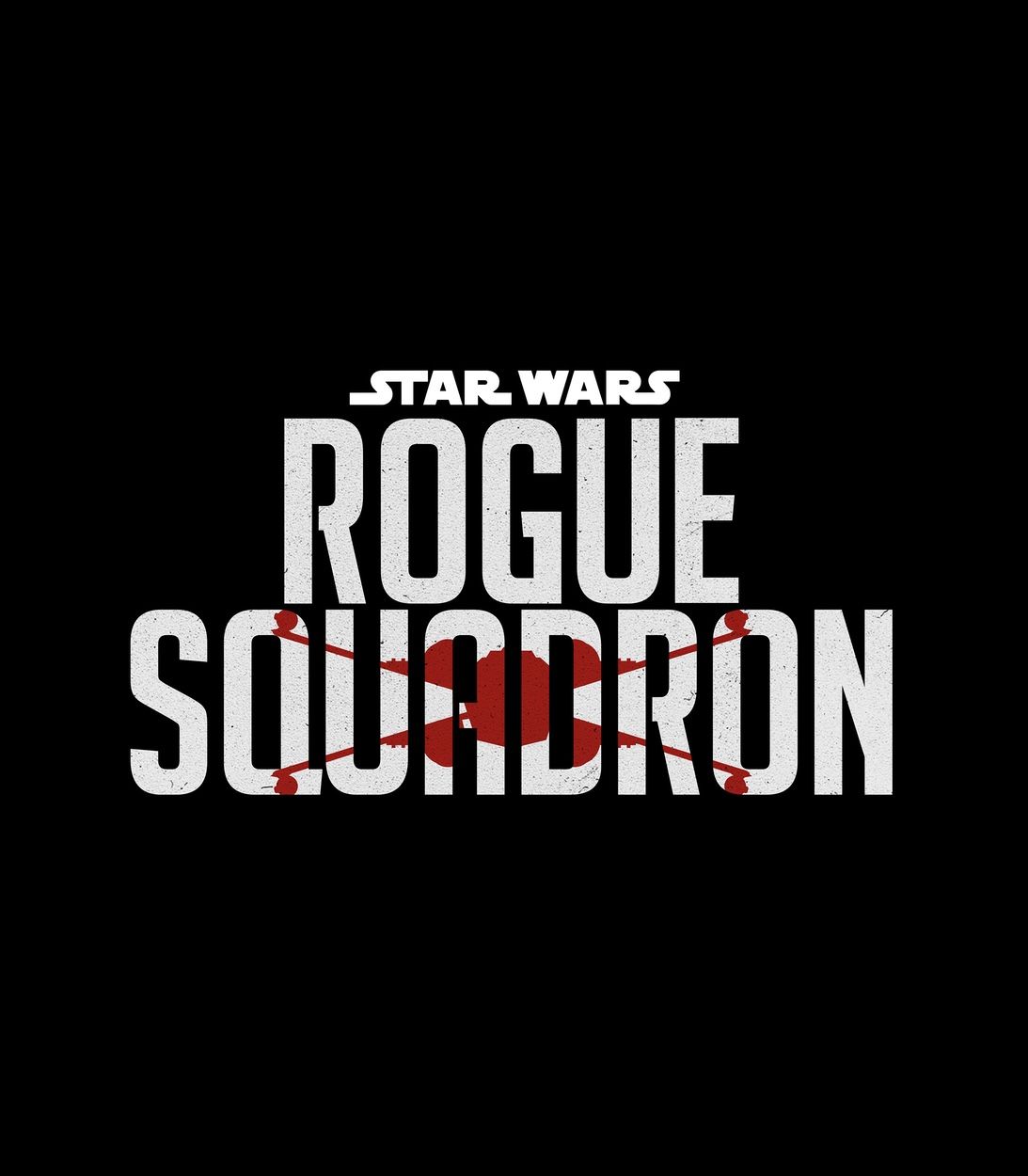Anakin Skywalker is not promoted outside of a Jedi Knight in Star Wars - so why does Ahsoka Tano refer to him as "Master" throughout Star Wars: The Clone Wars, despite him never becoming a Jedi Master? The two share a deep connection, treating each other as adoptive family in one of the most touching relationships in the entire Star Wars canon. Their story is central to Star Wars: The Clone Wars, with the pair growing and learning from each other. Over time, as their emotional bond strengthens, Ahsoka addresses Anakin differently depending on what side of their relationship she wants to appeal to.
Anakin never achieves the rank of Master among the Jedi, but he's assigned an apprentice all the same. Clone Wars is set during the prequel trilogy era, showing events between Star Wars: Attack of the Clones and Star Wars: Revenge of the Sith, as the Jedi are forced to take drastic action against the impending threat of the separatist army of battle droids. One such action sees Anakin promoted from being a Padawan to being a Jedi Knight and, very shortly afterwards, being assigned a Padawan of his own in the form of Ahsoka Tano. Despite his initial protests, he soon agrees to train Ahsoka, and the two of them eventually grow to see each other in a familial light — a connection strengthened by the shared experience that neither of them feels quite ready for their new roles. In many ways, Ahsoka mirrors the way Anakin behaved as a Padawan - reckless and impulsive - leading Anakin to learn greater responsibility.
Related: Why Star Wars Fans Didn't Like Ahsoka Tano At First (& What Changed)
Ahsoka doesn't always address Anakin as Master, which lends extra meaning to the times when she does. She tends to call him Master at specific times when she's showing him respect as her teacher, making it clear that she refers to him as such not because of his Jedi title, but out of personal respect. Long before Ahsoka becomes a pivotal character, she's simply a brash child hiding her self-doubt as she chides Anakin with the nickname “Skyguy.” In return, he gives her the affectionate (if slightly derisive) nickname of “snips” because of her snippy attitude. But as their mutual respect deepens, so their relationship becomes less abrasive, and Ahsoka starts to feel comfortable using the address of Master more readily.
Ahsoka goes a step further though. As she becomes more independent and self-assured, she begins to address Anakin by name in a level of informality that some other Jedi likely wouldn't tolerate. She does this in moments where she's speaking to him as an equal. When Anakin recognizes this, their student-teacher dynamic melts away, showing how they see each other as family underneath everything else. Memorably, this happens as Ahsoka chooses to leave the Jedi order. In their final conversation before she walks away, she addresses him directly, by his first name.
This same way of speaking becomes heartbreaking during Star Wars: Rebels, when Ahsoka confronts Darth Vader on Malachor. Facing him, she says, “My master could never be as vile as you,” showing the respect she still holds for him as she refuses to accept his fall to the dark side. But in a climactic moment, she manages to break Vader's helmet, uncovering part of his face. Hearing his voice, she realizes that it truly is her former teacher she's fighting. Horrified, she utters his name, “Anakin.”
One of the most interesting and complex characters in Star Wars: The Clone Wars - and to many in Star Wars as a whole - Ahsoka Tano's own TV show is due for release in early 2022. The growth she undergoes during her unusual story makes Anakin grow to care deeply for her, just as it makes her resonate with viewers. In many ways, she's part of the reason why Anakin Skywalker's most heroic moments happen during Star Wars: The Clone Wars. After all, Anakin thinks of her as his charge - and then eventually, a part of his family.



